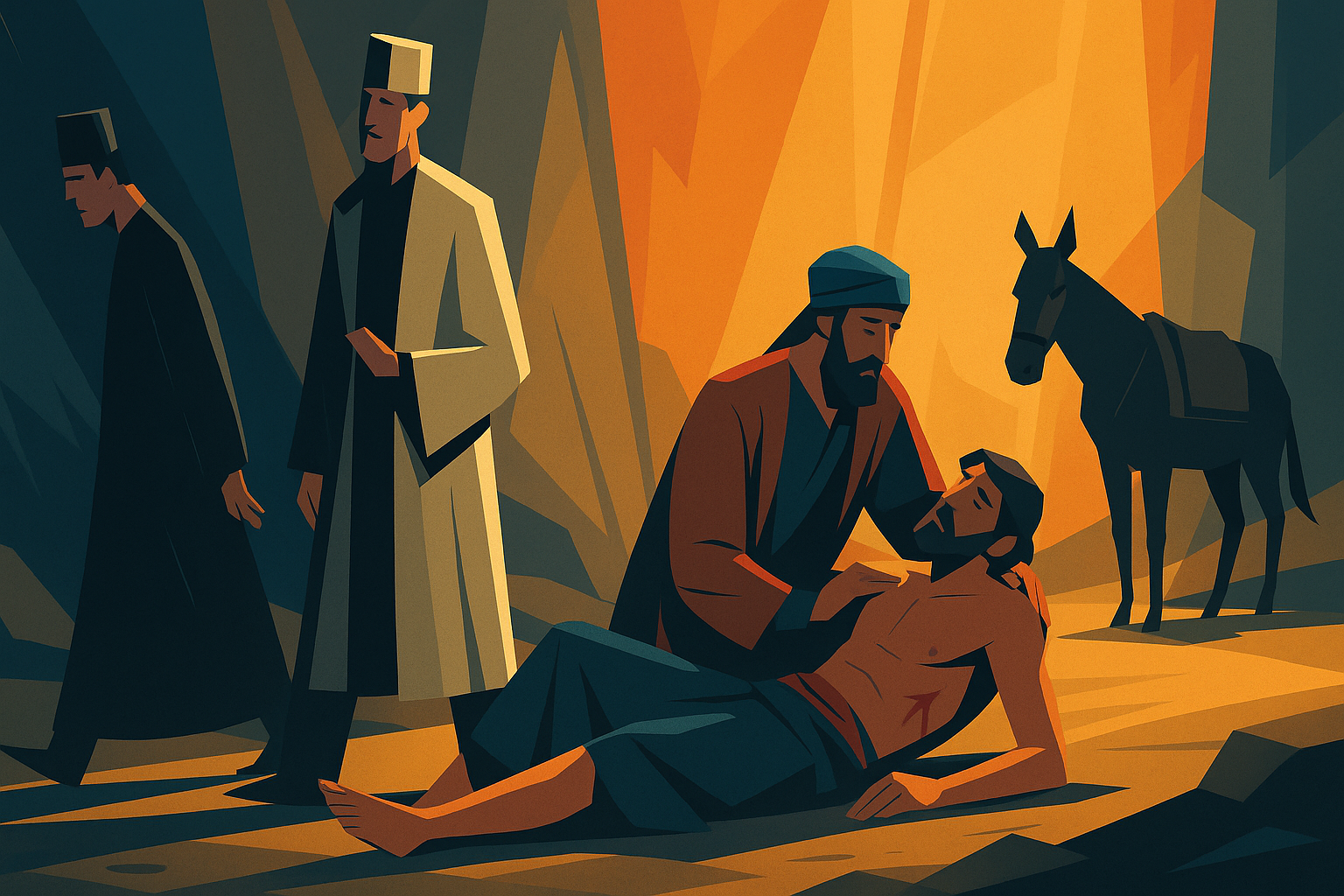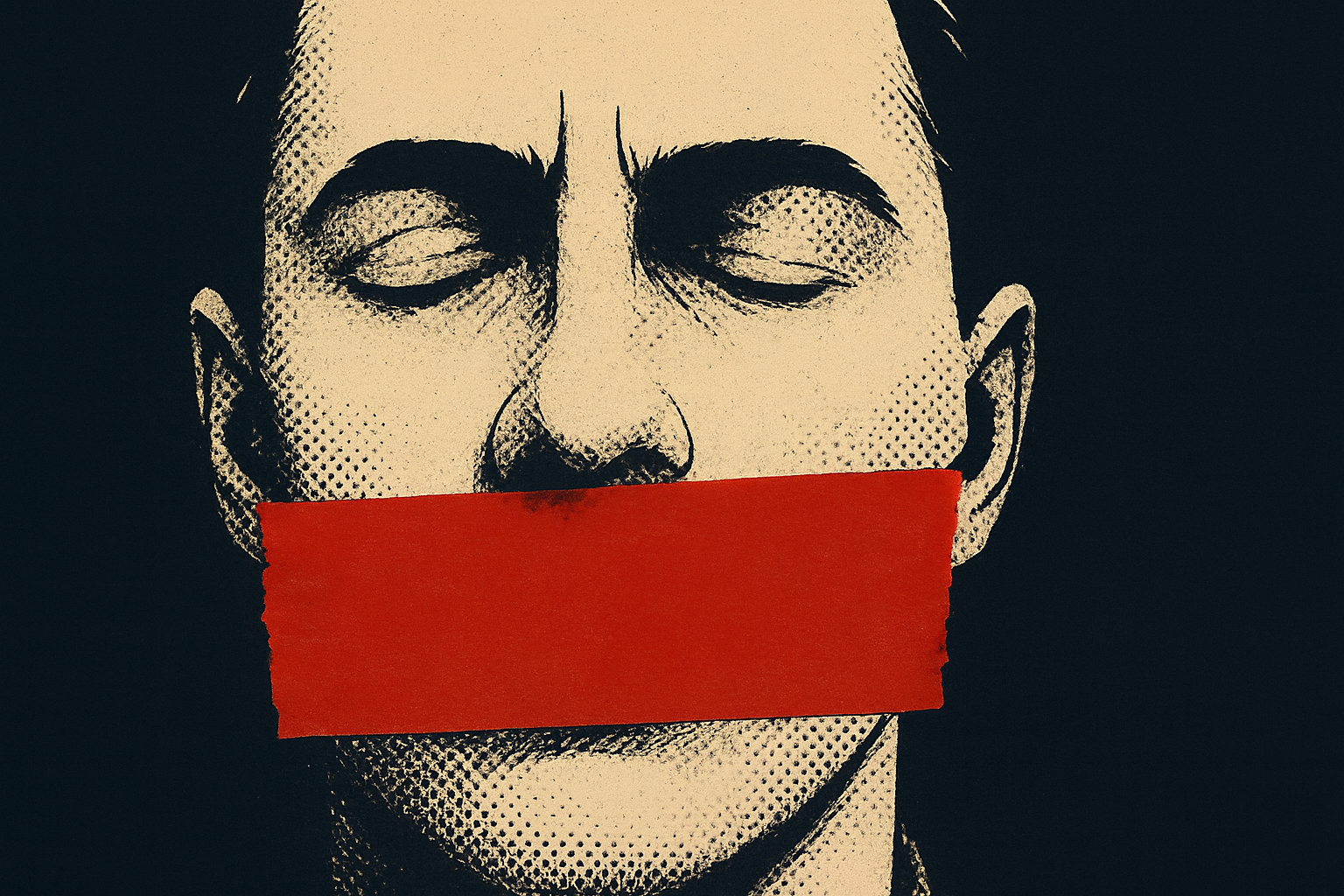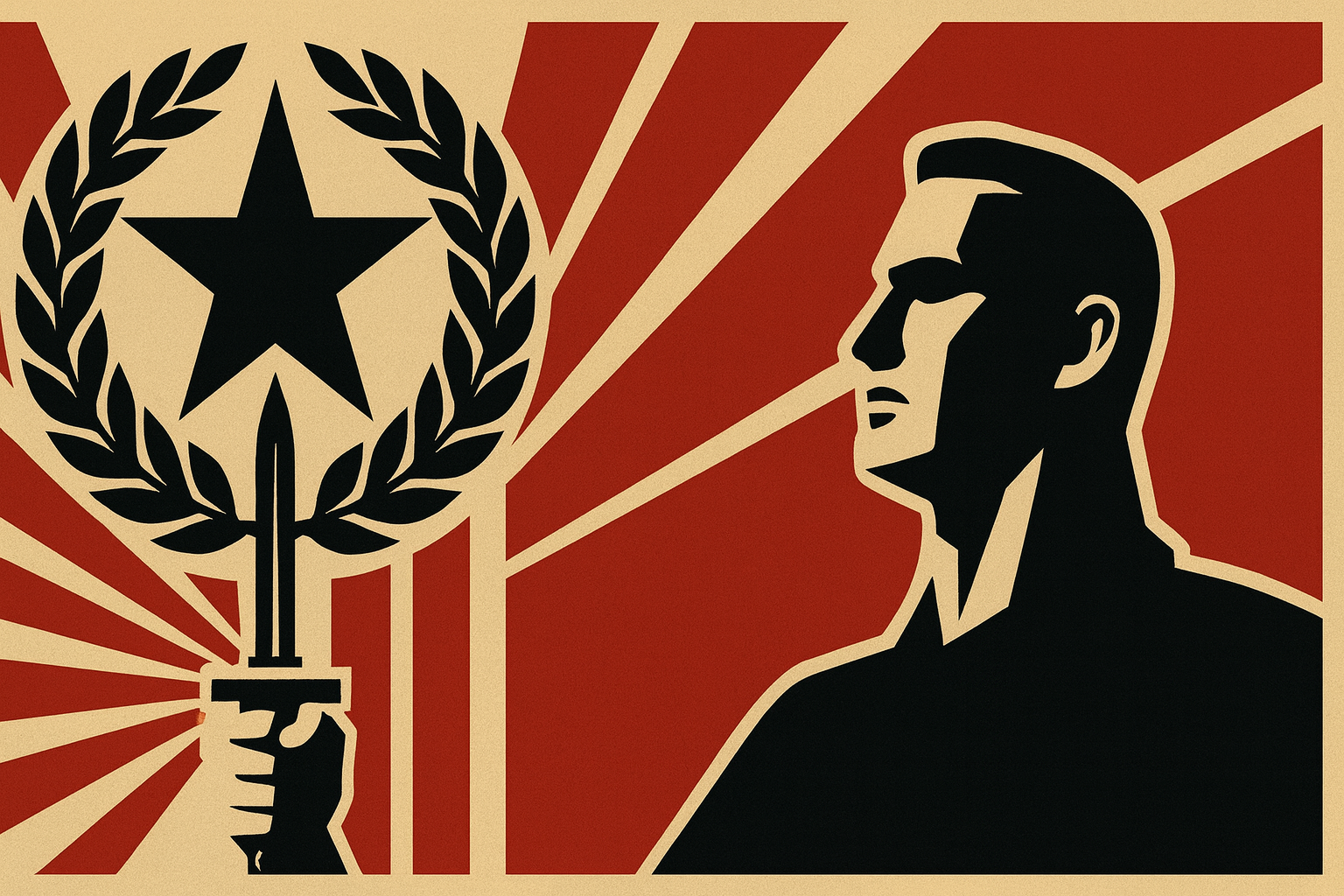Across the United States, universities have become the epicenter of unrest. Anti-Israel activists have occupied college campuses like UCLA, Columbia, and Harvard, initially calling for divestment from companies doing business in Israel. But what began as protest has morphed into something darker—into a volatile display of radicalism, prejudice, and, increasingly, violence.
At Columbia, students and activists seized academic buildings and common areas, barring Jewish students from classrooms and campus facilities. “Intifada, intifada” and “Death to the Zionist state” echoed through the campus, according to one Jewish student. Many have responded by switching dorms, moving off-campus, or even transferring schools altogether. Antisemitism is no longer subtle—it’s loud, aggressive, and in some cases, institutionally tolerated.
Colleges across the West have echoed similar sentiments. At a university in British Columbia, hundreds gathered for a “Free Palestine” rally. One speaker—adorned in a Bedouin keffiyeh—called for the destruction of Zionism, praised Hamas, and celebrated the atrocities of October 7th, when the terrorist group kidnapped, raped, and murdered civilians. It is believed that approximately 133 hostages remain in Gaza under Hamas captivity. “We stand with [Hamas] and their heroic and brave action on October 7th. Long live October 7th,” she declared, to the cheers of the crowd.
As law, order, and common decency unravel, some campuses offer a stark contrast. At the University of Florida, administrators took a firm, unapologetic stance. “This is not a daycare,” said university spokesman Steve Orlando. “Protesters knew the rules. They broke the rules. They’ll face the consequences.”
Students were reminded that free speech and peaceful assembly are protected. But blocking access to campus buildings, damaging property, and violating codes of conduct are not. The university gave multiple warnings. Those who refused to comply were arrested and issued trespassing orders barring them from university property for three years. Interim suspensions were also issued.
It’s a tale of two campuses.
One honors free expression within the bounds of law and order. The other enables chaos, veiled in the language of justice.
The irony? Divestment doesn’t work. Both liberal and conservative scholars agree: it’s an ineffective mechanism for changing political realities. So why the frenzy over a tactic that doesn’t deliver reform?
Because these protests aren’t truly about Palestine.
As someone who has taught on the Middle East and the Israeli-Palestinian conflict, I’ve found that many of the most fervent voices in this debate lack even a basic understanding of its history, context, or complexity. They colonize the conflict for their own purposes—for moral grandstanding, performative outrage, and, in many cases, to advance broader revolutionary aims.
What we are witnessing isn’t just ideological confusion. It’s a revelation of the human condition.
Michael Caine, portraying Alfred in The Dark Knight, diagnosed it best:
“Because some men aren't looking for anything logical, like money. They can't be bought, bullied, reasoned, or negotiated with. Some men just want to watch the world burn.”
Indeed. Some people just want to watch the world burn.
Let us be clear: students have the right to protest. That’s the beauty of the First Amendment—we protect the speech we most disagree with. Let them march. Let them chant. Let them criticize.
But when protest becomes persecution—when Jewish students are harassed, when classrooms are blocked, when administrators surrender institutional integrity—then rights have morphed into lawlessness, and order must be restored.
The Western university system is failing. Not because it’s too liberal. Not because it’s too conservative. But because it’s lost its moral spine. It cannot distinguish between activism and anarchy, between justice and hatred, between protest and prejudice.
Higher education was meant to elevate the mind and form the soul. But today, on too many campuses, it has become a platform for rage without reason.
And the students suffer for it.
.png)





.svg)
